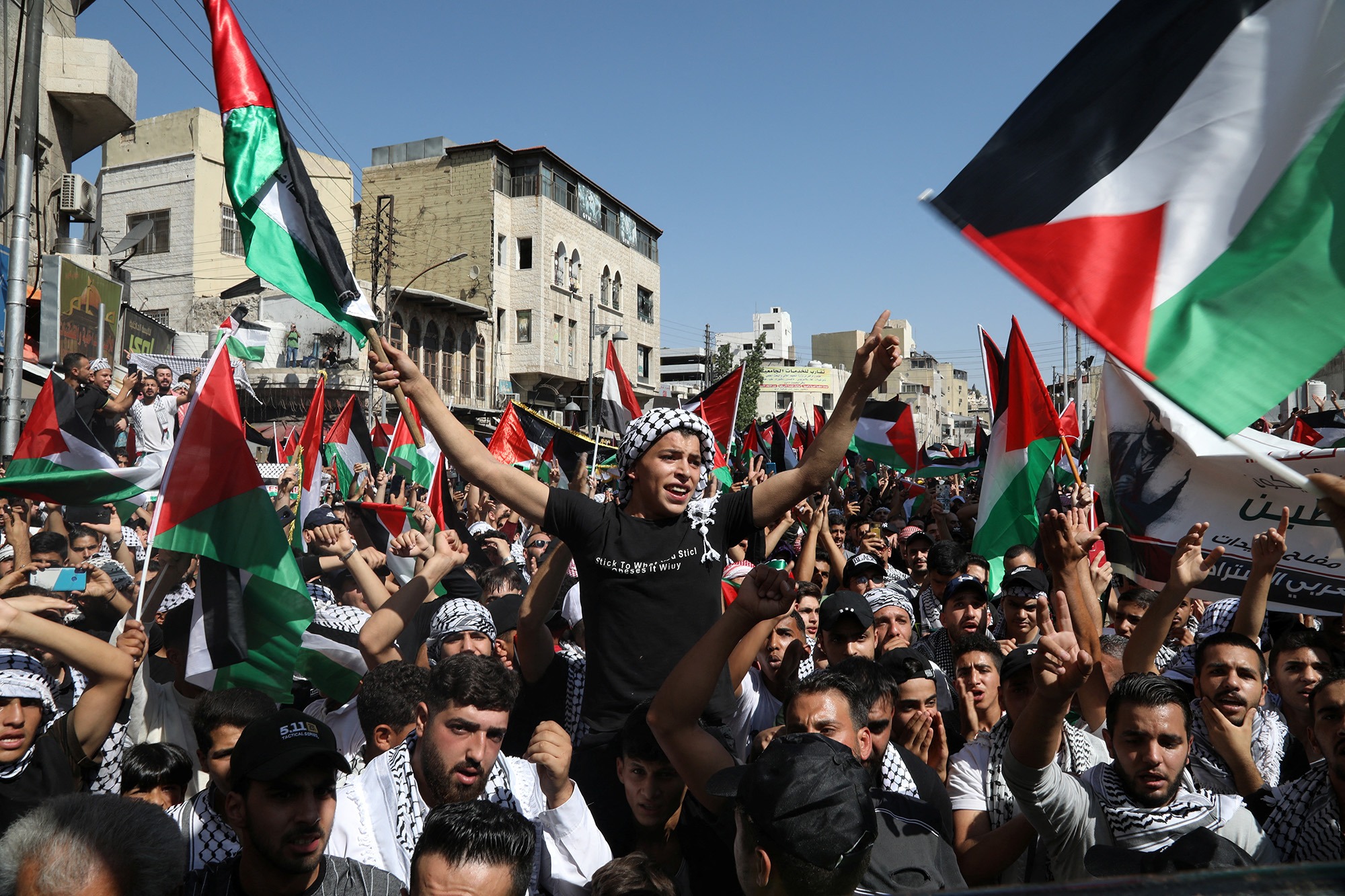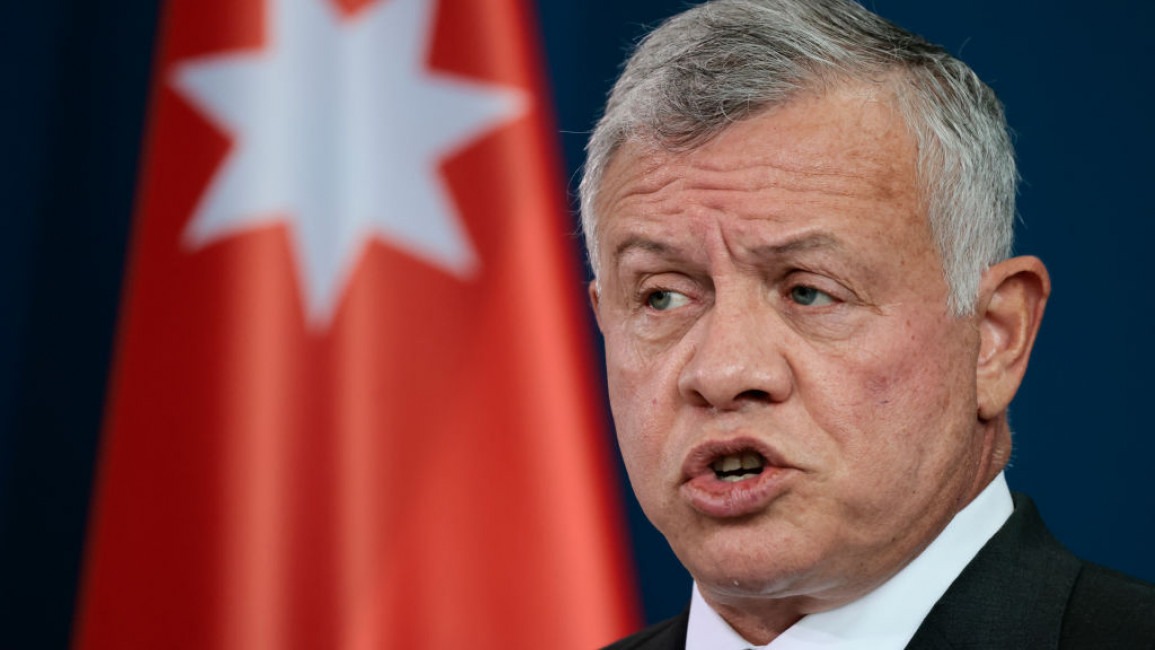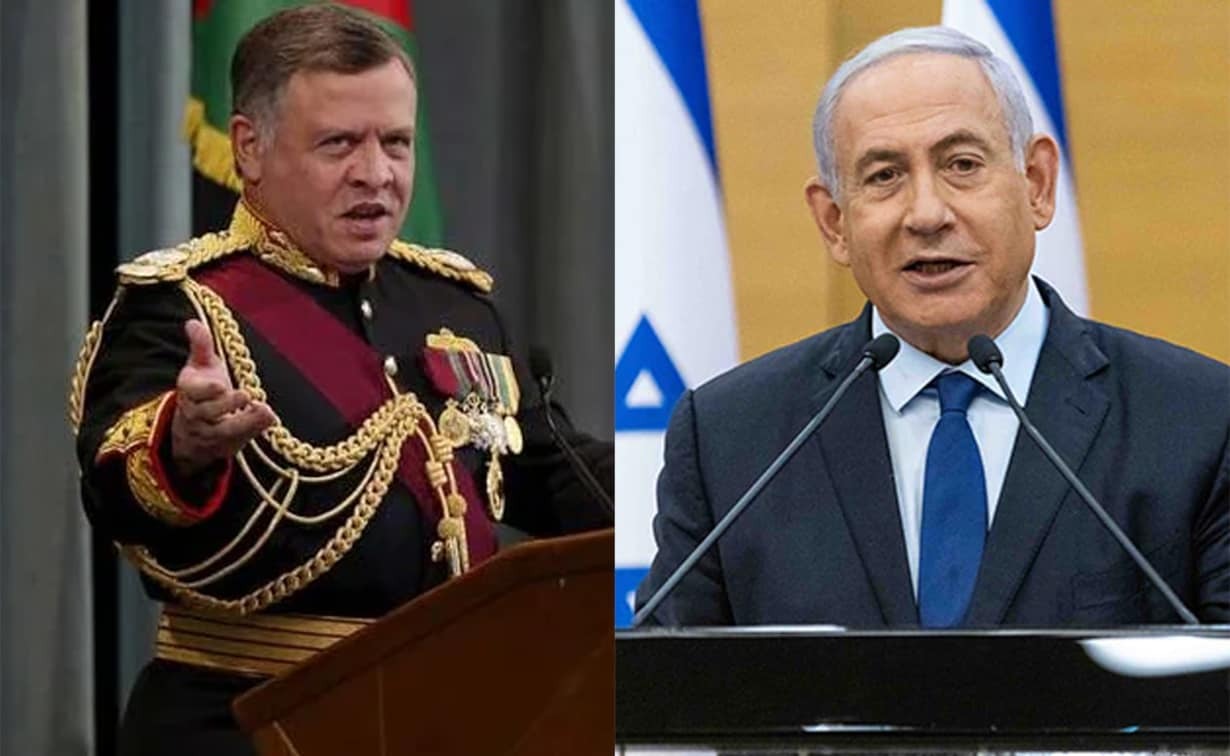Jordan’s decision to support Israel in defending against the Iranian aerial attack appears contradictory to its vocal criticism of the Israeli invasion of Gaza.
However, despite potential backlash from its Palestinian population and other Arab states, Jordan chose to act inconsistently with its criticism. The Jordanian Air Force intercepted and shot down dozens of drones and missiles headed for Israel, demonstrating a commitment to defending its own territory and holy sites.
As a major non-NATO ally of the US, Jordan’s actions may have been influenced by its defense cooperation agreement with the US. Still, this agreement does not obligate Jordan to participate in military operations. Similarly, Jordan’s military cooperation with Israel, established in their 1994 peace treaty, does not require mutual military support.

Jordan helped Israel against Iran (Credits: CNN)
Jordan’s decision was likely motivated by the risk of Iranian drones and missiles falling on its territory and the need to protect holy sites in Jerusalem, particularly the Dome of the Rock and al-Aqsa Mosque, which are under King Abdullah’s custodianship.
The king’s determination to defend these sites may have been reinforced by the fact that a strike would have been carried out by Shiite Iran, which has sought to destabilize the kingdom.
Despite criticism from Arab states and Jordanian Palestinians, King Abdullah has demonstrated a commitment to protecting his country and its interests, much like his father, King Hussein, did in the past.

A bleak future ahead for Jordan-Israel relations (Credits: The New Arab)
Jordan has even called in the Iranian ambassador to protest Tehran’s “harmful disinformation” and has threatened retaliation if the falsehoods continue.
Jordan’s participation in defending against the Iranian attack contributed massively to the combined defensive efforts of Israel and its allies, resulting in 99% of the shots fired at Israel failing to hit their targets.
This has earned Jordan much gratitude from Israel, which could be demonstrated by heeding Amman’s concerns about providing humanitarian aid to Gaza’s civilians.























